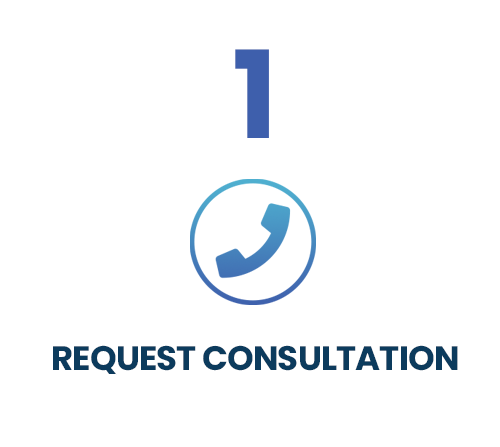It’s time to shift thinking away from the idea that smartphone usage is only for people on the go. In today’s reality, the relationship between consumers and their smartphones expands far beyond a means to find a location, send a text, or make a call. In a 2013 mobile consumer survey by Google, 58% of smartphone users stated that they use their device to stay informed by reviewing websites, products, and news online, and 82% stated they use their device to casually browse the internet. Social patterns and behaviors have shifted and every aspect of people’s lives are integrated with their smartphone in hand.
With this evolution in behavior, a societal expectation has emerged. Consumers expect the ability to access online information from anywhere and at any time with the same user experience across all devices. To sum up their survey findings, Google states, “Having a mobile-optimised site is critical and a cross-channel strategy is needed to engage consumers across the multiple paths to purchase.”
What does this mean for your business?
Your Brand Must Be Mobile
For starters, it is a necessity to embrace mobile and cater to your mobile customers. Whether it be through a mobile-friendly website, a mobile app, or a combination of both, your brand should be able to connect with your audience through their mobile devices. If that communication channel is disrupted, brand perception suffers, because it sends a message that says, “I am out of tune or don’t care about the needs of my customers.”
Your Sales Strategy Must Be Mobile
By building sales strategies around smartphone usage, you will see an increase in mobile conversions. In the aforementioned Google consumer survey, 46% of smartphone users stated that they made a purchase directly from their device, and of those, 60% make at least one smartphone purchase every month. The survey also shows that 38% of smartphone users made an offline purchase as a result of preliminary research performed on their smartphone.
Conclusion
Technology is advancing at a rapid pace, and it is important for your business to stay current with these changes or run the risk of alienating prospective customers. If you don’t have the time, capabilities, or desire to develop a mobile strategy in-house, consult with a Tampa web design company that specializes in mobile. Mobile is not a thing of the future. Consumer behavior is changing now, and smartphones are at the center of this societal shift.
Download the entire Google mobile consumer survey.






